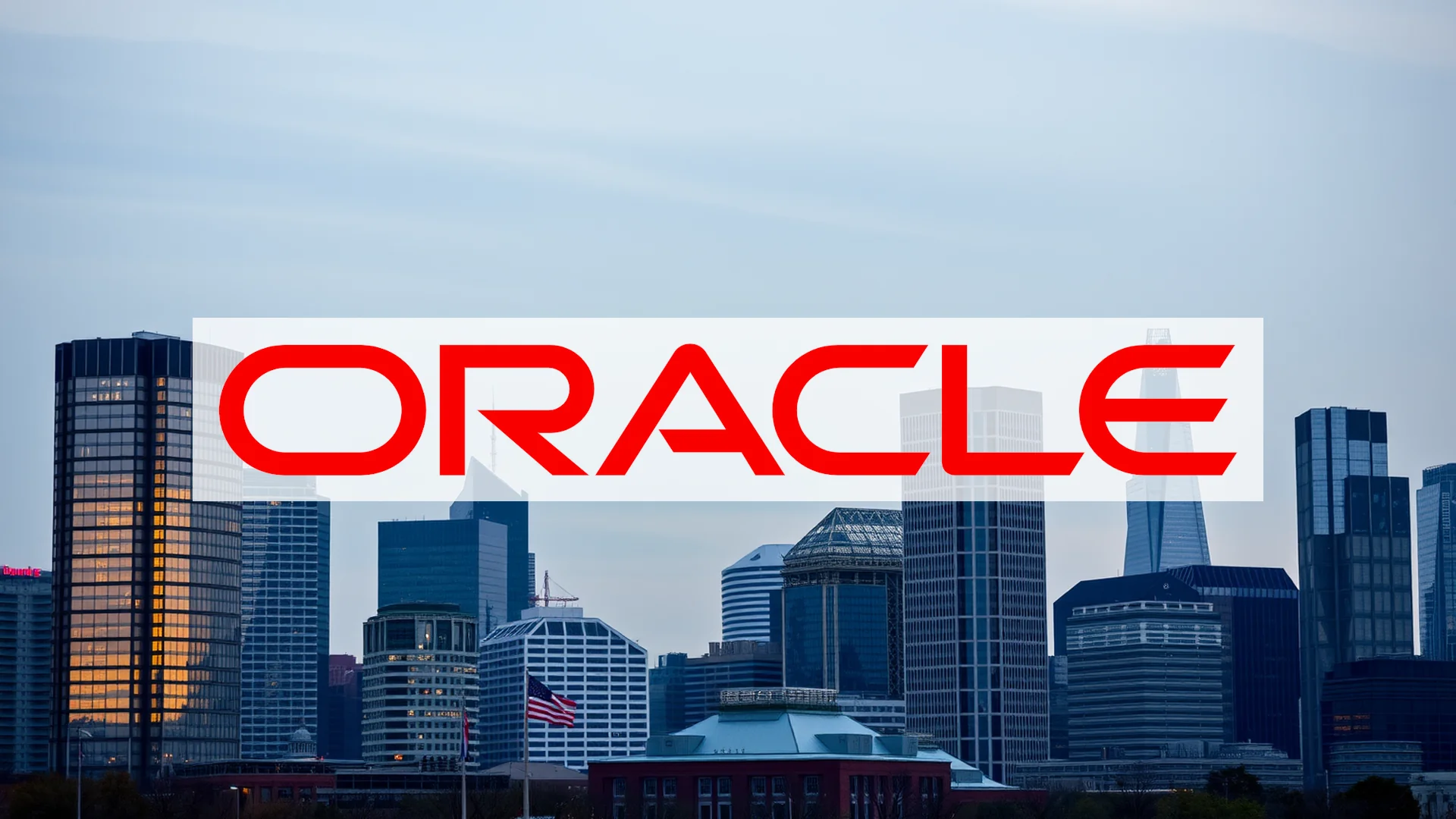Oracle’s aggressive push to dominate the artificial intelligence revolution is encountering significant investor resistance as concerns over the company’s escalating debt overshadow its strategic achievements. Despite notable progress in its healthcare division, market sentiment has turned cautious as the financial implications of Oracle’s ambitious expansion come into focus.
Infrastructure Investments Trigger Market Anxiety
The technology giant’s recent stock decline stems directly from its substantial capital expenditure requirements. To fund the massive infrastructure needed for AI expansion and its high-profile partnership with OpenAI, Oracle has embarked on significant debt financing. Reports of multibillion-dollar borrowing have created unease in credit markets, sparking speculation about potential credit rating downgrades.
Market analysts describe the current situation as a necessary reality check for investors. Attention has shifted from the initial excitement surrounding partnership announcements to the substantial implementation costs. While Oracle secured a major agreement with OpenAI in September, the capital-intensive nature of these contracts is weighing more heavily on the balance sheet than anticipated.
Technical Indicators Reflect Growing Pessimism
The fundamental concerns have manifested clearly in Oracle’s stock performance. The equity failed to resist downward pressure, recently falling below the critical 200-day moving average of approximately €185. A substantial 30-day decline exceeding 22% underscores the erosion of investor confidence.
Should investors sell immediately? Or is it worth buying Oracle?
Market observers note a “curse of high expectations” phenomenon: paradoxically, since announcing the OpenAI collaboration, Oracle shares have lost ground as worries intensify that revenue growth may not keep pace with investment requirements.
Strategic Healthcare Wins Overlooked
Compounding management frustrations, significant operational advancements in Oracle’s healthcare segment are receiving minimal attention amid current market concerns. The company has secured important regulatory approval (QHIN status) for Oracle Health, enabling standardized data exchange within the US healthcare system. Simultaneously, the appointment of Stephen Rusckowski, former CEO of Quest Diagnostics, to the board of directors brings valuable industry expertise.
These developments represent crucial steps toward long-term monetization of Oracle’s healthcare strategy, yet their significance is being drowned out by debt-related anxieties.
All eyes now turn to December’s quarterly earnings report. Oracle must demonstrate that its costly infrastructure investments can translate into profitable revenue streams without permanently damaging margins. Until then, market participants will watch closely to determine whether the current oversold conditions will attract value investors or if bearish sentiment will maintain control.
Ad
Oracle Stock: Buy or Sell?! New Oracle Analysis from February 7 delivers the answer:
The latest Oracle figures speak for themselves: Urgent action needed for Oracle investors. Is it worth buying or should you sell? Find out what to do now in the current free analysis from February 7.
Oracle: Buy or sell? Read more here...











